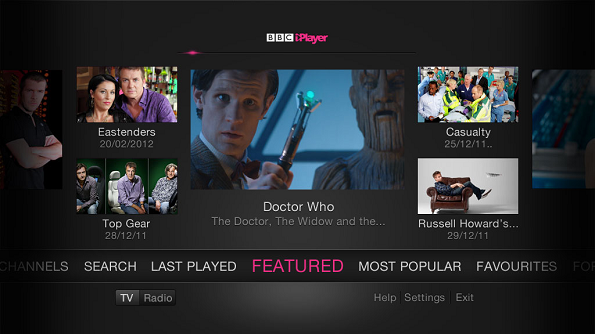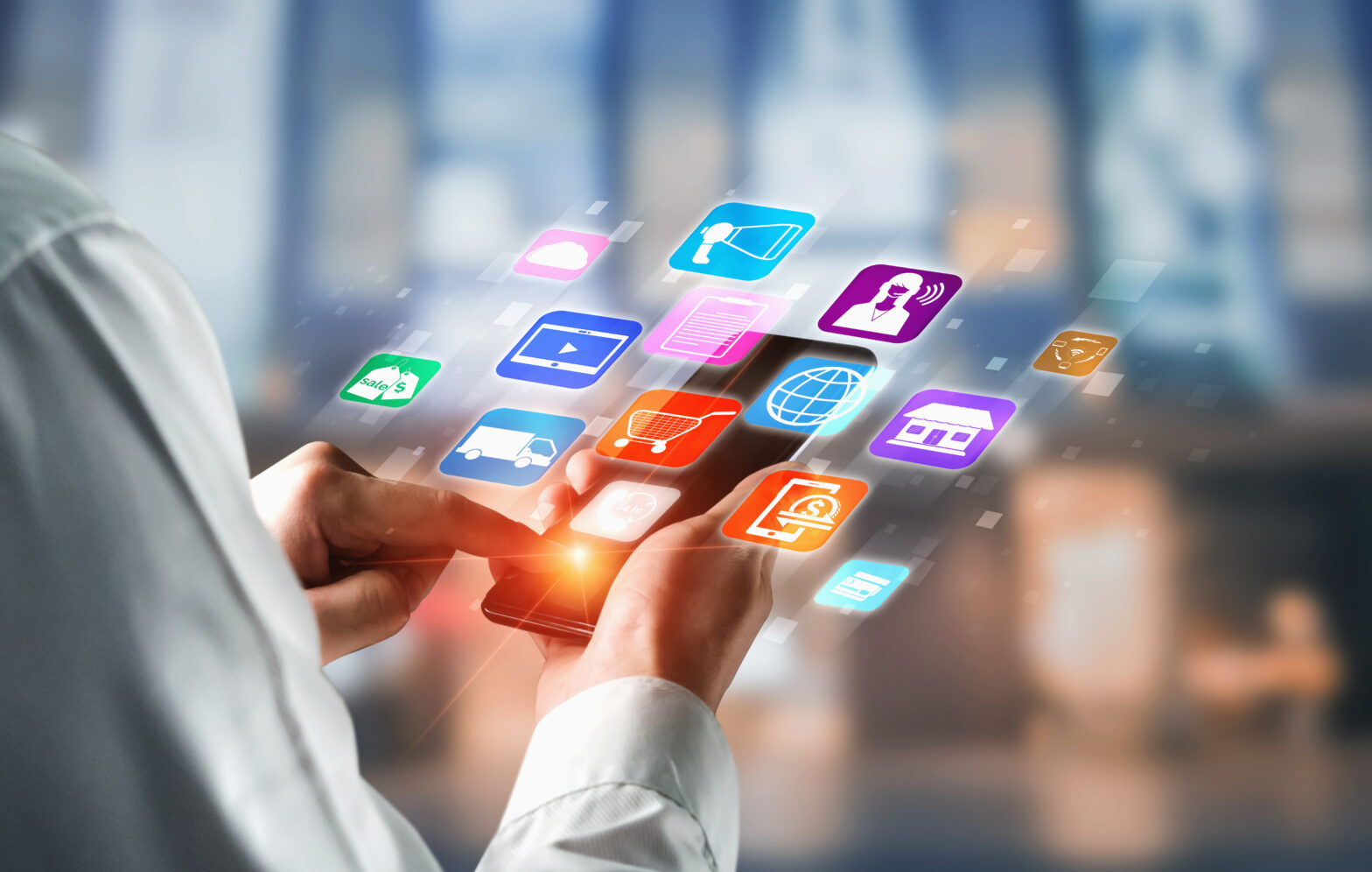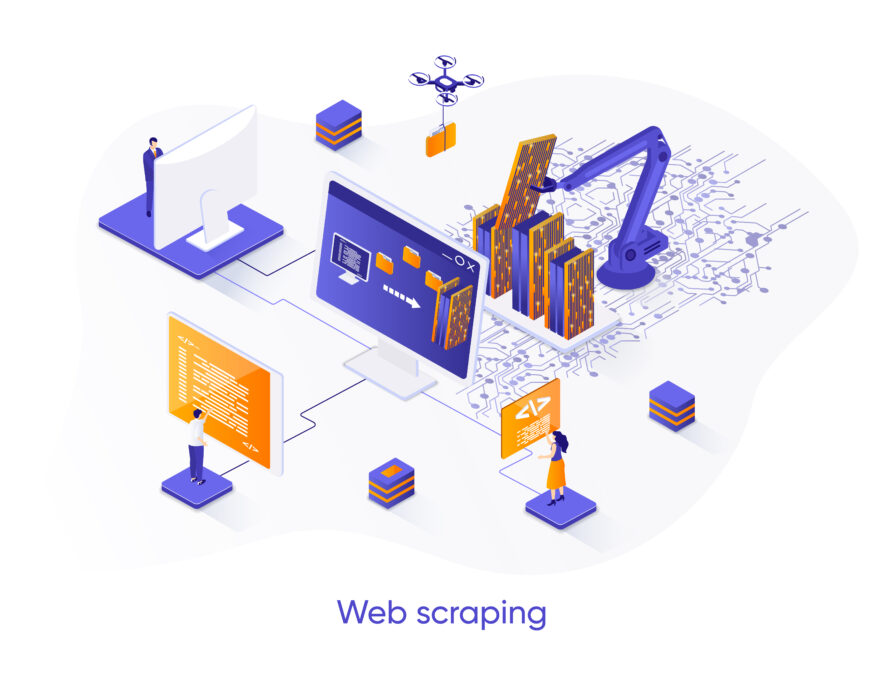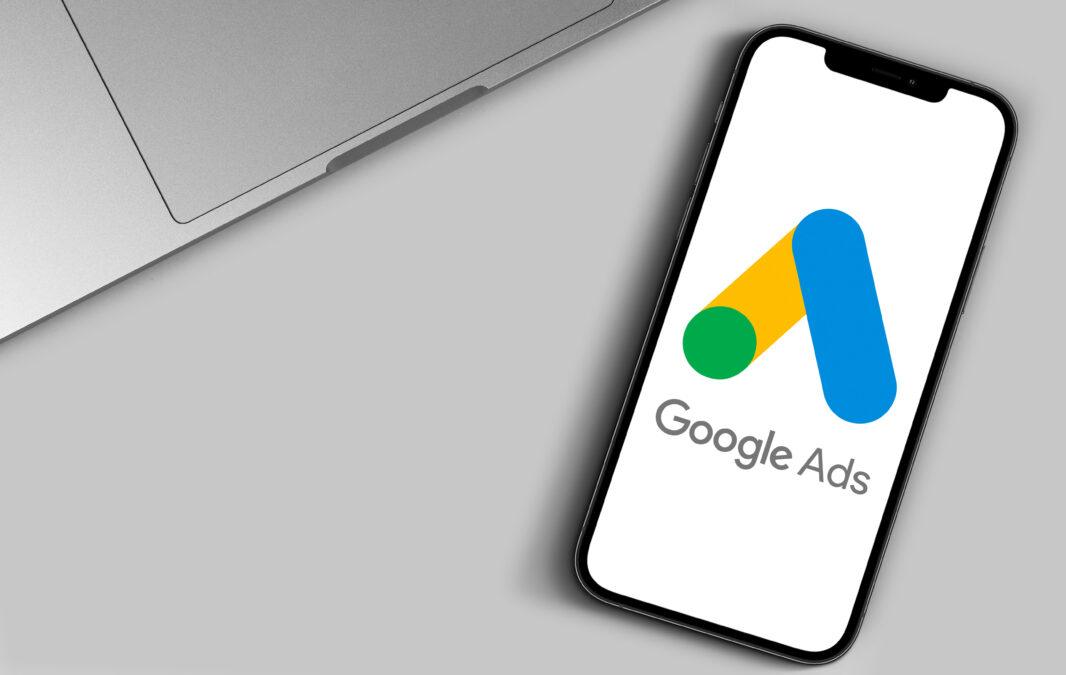A profound shift in consumer spending habits is underway right now, with more and more companies innovating around digital-based subscription models and selling their products as services. Consumers have come to expect to quickly and easily access whatever they want, whenever they want it, at the touch of a mouse or touch-screen. Nowhere is this more true than for media.
On-demand platforms like Netflix and Amazon are changing the way people watch films and TV, and many of the traditional producer/advertiser and audience/distributor relationships are in flux. Netflix currently takes up one-third of all the downstream bandwidth the web can provide, and has over 44 million subscribers around the world, with its profits risen more than five-fold in 2014.
So how is a 93-year-old public service broadcaster to respond to all this?
Back in February of last year, the BBC Trust approved plans to allow users to pay to download and keep programmes from its newly-created BBC Store, which will be run by BBC Worldwide, the commercial arm of the corporation. BBC Worldwide has a very complex multi-tier IT architecture, using a variety of suppliers to provide a variety of platforms developed for video on demand delivery.
> See also: The moment Her Majesty The Queen sends her first tweet
While the BBC iPlayer service will remain a free-catch up service funded by the licence fee, it will extend its catch-up period from 7 to 30 days. Programmes will also be available on a download-to-own basis the day after they're broadcast, and historical archive content to digital format for the first time.
Michael Fleshman, who oversees IT infrastructure at BBC Worldwide, explains the thinking behind the model:
'Part of this just acknowledging consumption of our digital content being experience more and more through digital channels,' he says. 'It also looks at the content we supply and the overall content availability for people to buy after that catch-up window. Right now it's about 6-7% of our content, but you'll soon be able to access a much higher percentage of the content we produce, and we want to supply that content in a way that's commercially viable. 95% of the BBC's content isn't available on DVD, so we'd like to give consumers more video and information-risk experiences that expose more of the BBC's archives. '
'There are also number of other reasons commercially that have to do with the UK production community and allowing more and more community to expose their content. For indie producers, it allows them to actually make more money from the content, so everyone benefits.'
But bringing all this content to the general public is no small task. At its launch around spring this year, the BBC Store will offer around 6,000 hours of recent programmes and 4,000 hours of archive material, including 3,000 hours of library material that is already commercially available, and a further 500-1,000 hours of archive programmes due to released each year.
Part of the BBC Worldwide's approach is to provide all that content to as wide a variety of devices as possible, whether mobile, tablet or PC, and that boils down to a coherent API strategy.
APIs have been deployed throughout BBC Worldwide's digital technology, including iPlayer and the BBC Store, to encourage sales while ensuring the consumer gets the most reliable experience.
'We looked at a number of vendors able to supply that key functionality,' says Fleshman. 'That clearly has to do with hosting the APIs themselves, providing a service that is global. Expertise within our organisation allows us to integrate it with our own systems. In the end we landed on internal API management platform Apigee as the right company with the right technology to help us build this.'
The next step for BBC Worldwide and Apigee was to go through rigorous integration testing, in preparation for a set of sensitive trials. By Spring this year, integration with BBC iPlayer will have taken place, as well as full testing around the video stack, coding DRM and actual distribution of the video, leveraging public service technologies.
Although the project itself is not hugely innovative technologically, says Fleshman, it requires many conversations within the organisation about the commercial strategy behind the timing of launching BBC Store's various features.
> See also: How one man with an incurable disease changed the way the NHS approaches data
'We're approaching this with an understanding of how the media industry works, not just technology,' he says. 'As company on the commercial side of things we are just entering this market and there are quite a few players out there who have been out there quite a while, with fairly mature and extensive feature sets. We cannot and should not look to compete from the beginning.'
'We're rolling our comprehensive business-to-consumer platform out to different brands, including Top Gear. Then we'll gradually look to utilise that for other brands that we have. We would look to continue to evolve brands in a way that is very video rich.'
But BBC Worldwide has historically been a distribution organisation, and the company has made a commitment to invest in and create B2C or direct-to-consumer experiences in the digital domain, in the UK and globally. That is driving the creation and evolution of product and product management capabilities, platform capabilities, commerce and more.
'When you look at what was required to deliver the content for the 2012 Olympics, delivering that technology at huge scale through iPlayer, and you look at what's required to create a straight-to-consumer platform like this, we are building the same kinds of capabilities through the BBC Store, and we're really evolving into that space,' says Fleshman.







